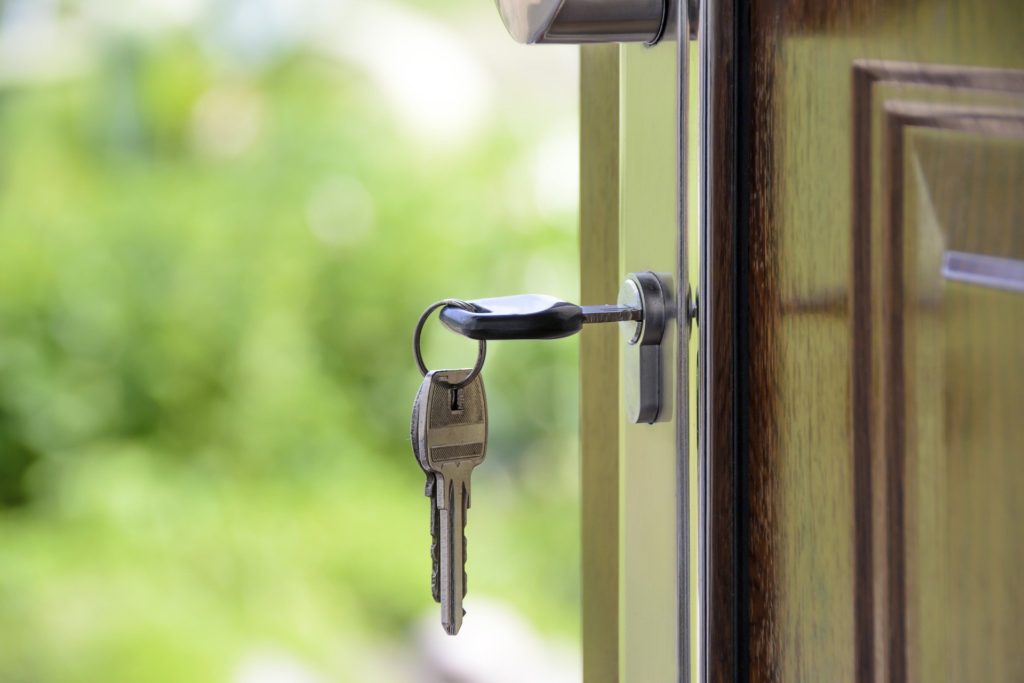
Now What? – Mortgage Discharge Recording in Massachusetts
Where you aware that once you’ve paid off you home mortgage in Massachusetts documentation to that effect must be recorded with the registry of deeds?
Did you know that in some cases you, as the homeowner, may be the person who should do this recording?
Failing to record the discharge of a mortgage may create what is known as a cloud on the title. While clouds can sometimes be amusing and interesting to observe, the same cannot be said for clouds on title, which can prevent the seller from selling a home. Additionally, failing to properly record a mortgage discharge could possibly result in a damage award of $2500 or the total actual damages plus the costs of attorney’s fees and other court costs being awarded to the damaged party.
First, an understanding of how a mortgage discharge works is necessary.
Here, in oversimplified terms, is the mortgage discharge process in Massachusetts…(for an extremely wordy and unfortunately confusing experience see M.G.L., Chapter 183, § 55):
1. A mortgagor (the person with the mortgage, you) or attorney on the mortgagor’s behalf makes the final payoff balance payment to the lender, the mortgagee.
2. The mortgagee (aka the lender) generates a mortgage discharge. From this point forward one of two things should take place, either (a) the lender does the recording themselves at the appropriate registry of deeds or (b) the lender sends the mortgage discharge information to the mortgagor (you) or your attorney. If the lender performs step a, then you are likely where you need to be – your mortgage discharge is recorded and title to the property is clear. However, if the lender chooses option b, the lender must follow very specific instructions when providing you or your attorney with the information necessary to record the discharge of your mortgage. Language to the following should be provided to you:
“ENCLOSED WITH THIS LETTER IS A DISCHARGE OF YOUR MORTGAGE AND OTHER DOCUMENTATION IF NECESSARY, TO SHOW THAT WE WERE THE HOLDER OF YOUR MORTGAGE WHEN IT WAS PAID. THESE ARE IMPORTANT LEGAL DOCUMENTS.
IN ORDER TO RELEASE THE MORTGAGE FROM THE TITLE TO THE PROPERTY, YOU MUST RECORD THE DISCHARGE AND ACCOMPANYING DOCUMENTATION, IF ANY, AT THE SAME REGISTRY OF DEEDS IN WHICH YOUR DEED WAS RECORDED. ALL RECORDING FEES THAT WE ARE REQUIRED TO PAY UNDER MASSACHUSETTS LAW HAVE BEEN INCLUDED IN THE ENCLOSED CHECK. THE RECORDING FEE FOR THE DISCHARGE ITSELF, UNLESS PAID BY YOU WITH THE LOAN PAYOFF, IS YOUR RESPONSIBILITY.
IT IS IN YOUR BEST INTERESTS TO RECORD THE DISCHARGE AND ACCOMPANYING DOCUMENTATION AS SOON AS POSSIBLE. IF YOU ARE UNSURE WHAT TO DO, PLEASE SEEK THE ADVICE OF AN ATTORNEY OR A CLERK AT THE REGISTRY OF DEEDS.”
M.G.L. Chapter 183, § 55.
Further, if the lender is not the holder of record (not the original lender), then the current lender must provide information on the discharge documentation as to how it became the mortgage holder. This information should be included in the mortgage discharge documentation sent to you or your attorney if they are not recording the mortgage discharge, or should be filed with the mortgage discharge if they did record the mortgage discharge.
Also, because there is a specific time frame, essentially 45 days, within which the mortgage discharge must be recorded with the registry of deeds, any documentation sent to you or your attorney should inform you of this time limitation.
DISCLAIMER:
The information provided in the pages and posts of this website are for general informational purposes only. The information presented on this site is not legal advice, and no attorney-client relationship is formed by the use of this site.


